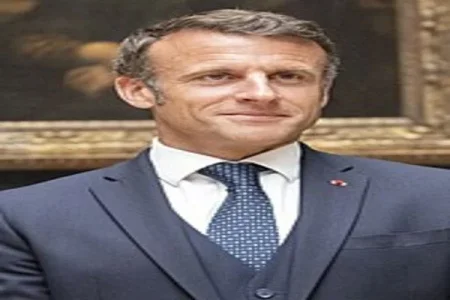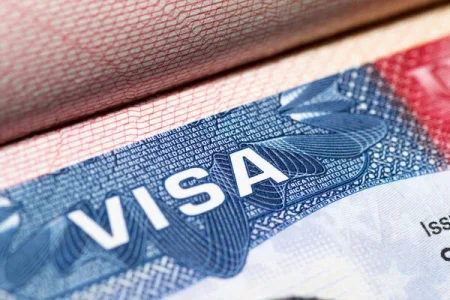
France has become the first country in the world to explicitly include the right to abortion in its constitution. The resounding 780-72 vote by parliamentarians to revise the 1958 constitution sparked a standing ovation in the Versailles parliament, marking a monumental moment for women's rights.
President Emmanuel Macron hailed the decision as "French pride," emphasizing that it sends a "universal message." The Eiffel Tower in Paris echoed the sentiment, illuminating the night with the message "My Body My Choice" in celebration of the landmark constitutional amendment, the 25th since modern France's founding document in 1958 and the first since 2008.
Despite the overwhelming support for the amendment, anti-abortion groups and the Vatican voiced strong opposition. Critics argue that while abortion has been legal in France since 1975, the constitutional change is unnecessary, with some accusing President Macron of using it for electoral gain and to bolster his left-wing credentials.
Prime Minister Gabriel Attal, addressing the parliament before the vote, emphasized the ongoing vulnerability of the right to abortion, stating, "We're sending a message to all women: your body belongs to you and no one can decide for you." The constitutional amendment serves as a proactive measure to protect reproductive rights in the face of potential challenges.
The move was partially prompted by developments in the United States, where the Supreme Court removed the right to abortion in 2022, allowing individual states to ban the procedure. This shift sparked concern in France, leading to the decision to enshrine abortion as a constitutional right. Laura Slimani from the Fondation des Femmes rights group noted the emotional significance of the move, especially in light of the retreat of abortion rights in the United States.
However, the Vatican expressed its opposition to the constitutional amendment, reiterating its stance against abortion. The Pontifical Academy for Life stated, "In the era of universal human rights, there can be no 'right' to take a human life," appealing to governments and religious traditions to prioritize the protection of life.
The constitutional change in France has ignited a global debate on reproductive rights, with supporters praising it as a vital step forward for women's autonomy and opponents decrying it as unnecessary and contrary to certain religious beliefs. As France pioneers this groundbreaking legislation, the world watches closely, anticipating potential ripple effects in the ongoing discourse surrounding reproductive rights.




